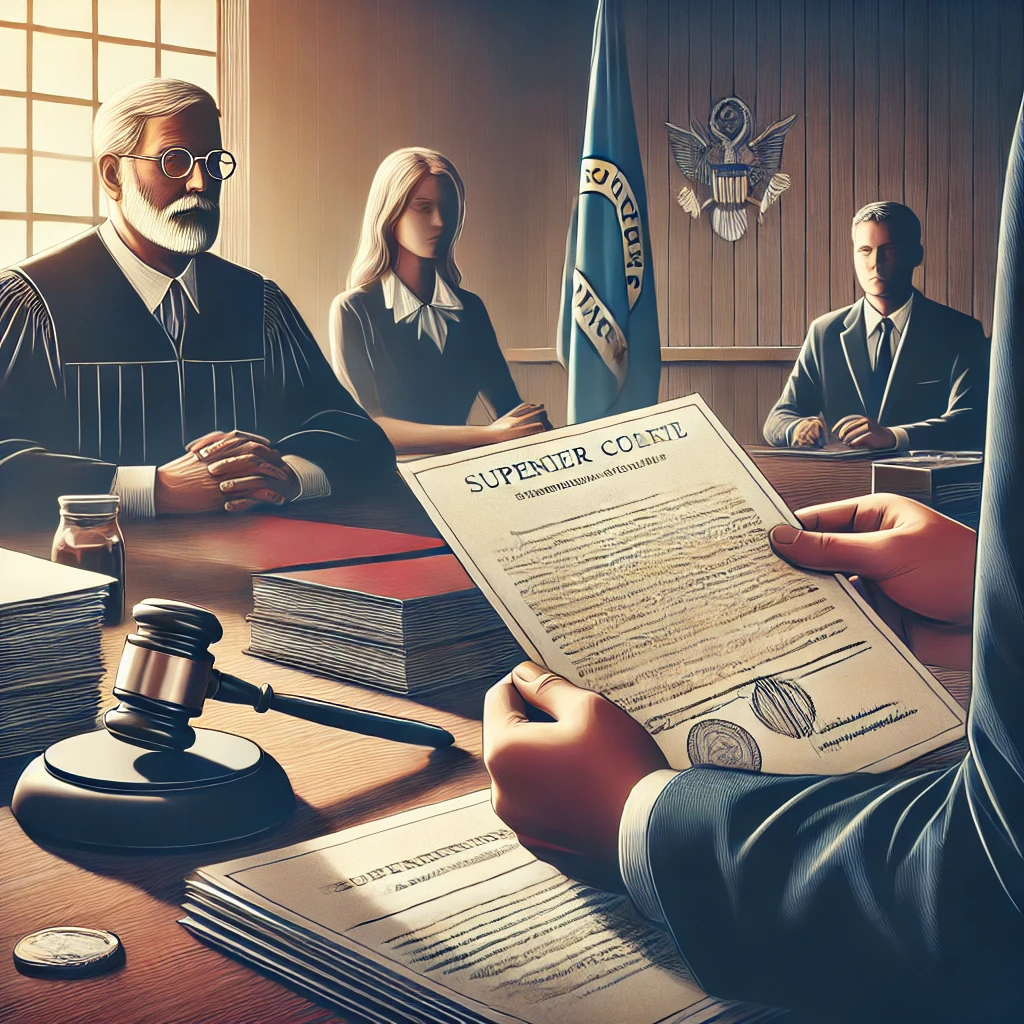Introduction
In Washington State, RCW 10.19.110 addresses the procedures and responsibilities related to recognizances taken and forfeited before a district judge or magistrate. This law outlines the steps that must be taken when a recognizance is forfeited, including the roles of the clerk of the superior court and the prosecuting attorney. Understanding this law is essential for legal professionals and individuals involved in the recognizance process.
Key Provisions of RCW 10.19.110
RCW 10.19.110 sets forth specific guidelines for handling forfeited recognizances. Here are the main provisions:
- Certification to Superior Court:
- When a recognizance is taken and forfeited before any district judge or magistrate, it must be immediately certified to the clerk of the superior court of the county.
- Prosecuting Attorney’s Duty:
- It is the duty of the prosecuting attorney to promptly proceed by action against all persons bound in such recognizances. The prosecuting attorney has the discretion to elect which forfeited recognizances to proceed against.
- Scope of Action:
- The law applies to all forfeited recognizances, ensuring that there is a clear legal process for addressing these situations and holding individuals accountable.
Importance of Compliance
Compliance with RCW 10.19.110 is crucial for several reasons:
- Legal Accountability: Ensuring that forfeited recognizances are properly certified and that actions are promptly initiated by the prosecuting attorney helps maintain legal accountability.
- Efficient Legal Process: Adhering to the procedures outlined in this law ensures an efficient and orderly legal process, minimizing delays and complications.
- Public Trust: Proper enforcement of recognizances and handling of forfeitures reinforce public trust in the legal system.
Practical Implications
For legal professionals and individuals involved in the recognizance process, the practical implications of RCW 10.19.110 include:
- Timely Certification: District judges and magistrates must ensure that forfeited recognizances are certified to the superior court clerk without delay.
- Prosecutorial Action: Prosecuting attorneys must be prepared to act promptly against those bound in forfeited recognizances, using their discretion to prioritize cases as needed.
- Documentation and Communication: Effective documentation and communication between district courts, superior courts, and prosecuting attorneys are essential for seamless enforcement of this law.
Conclusion
RCW 10.19.110 provides a clear framework for handling forfeited recognizances in Washington State. By understanding and complying with this law, legal professionals can ensure a smooth and accountable legal process. For any questions or legal assistance related to RCW 10.19.110, contact Blanford Law for expert guidance and support.
The text of RCW 10.19.110 can be read here: https://app.leg.wa.gov/RCW/default.aspx?cite=10.19.110
Review our client resources here
Contact us anytime for your urgent legal needs.
About Blanford Law:
We are no-nonsense, relentless, fair, and honest. We are great listeners instead of fast talkers, that is just who we are. More than 20 years ago, Ken began practicing law with a deeply-seeded belief that every person has the right to the best legal representation available. He built his law firm on that belief. Another belief that he strongly adheres to is his fundamental belief that clients deserve respect, with no assumptions or preconceived notions. If you or someone you know is accused of a crime or injured as a result of the negligence of another, please have them call us at 253-720-9304 or email us info@blanfordlaw.com

